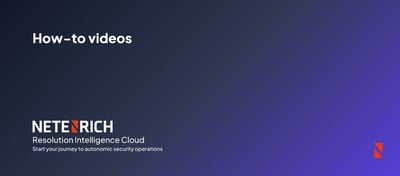What is Parsing?
In computer science, parsing is a technique used to analyze and interpret the syntax of a text or program to extract relevant information. Essentially, parsing involves breaking down a complex set of data structures or code into smaller, more manageable components that can be analyzed and understood. This process is used in a wide range of applications, including natural language processing, compilers, and data analysis tools.
Take, for example, the parsing of programming languages. When a program is written, it needs to be translated into a format that computers can understand and execute. This translation process involves parsing the program code to identify the different elements, such as variables, functions, and statements. By dissecting the program code, parsing helps the computer understand the structure and syntax of the programming language so it can correctly execute the instructions.
From web browsers navigating HTML code to compilers translating high-level languages into machine code, parsing is the backbone of modern computing. With it, developers, researchers, and analysts can unlock the full potential of data to achieve remarkable insights and build robust and reliable systems.
In Netenrich
The Resolution Intelligence Cloud™ platform uses advanced parsing techniques to analyze and understand complex data sets, allowing for faster and more accurate response to potential issues before they can become major problems. Moreover, because the platform is built for multi-level multitenancy, users can easily manage multiple Google Chronicle tenants from a single dashboard and save time by applying detection rules and parsers to any or all tenants at once. The platform also comes with additional rule packs of prebuilt detection rules and parsers that further speed time to value.






